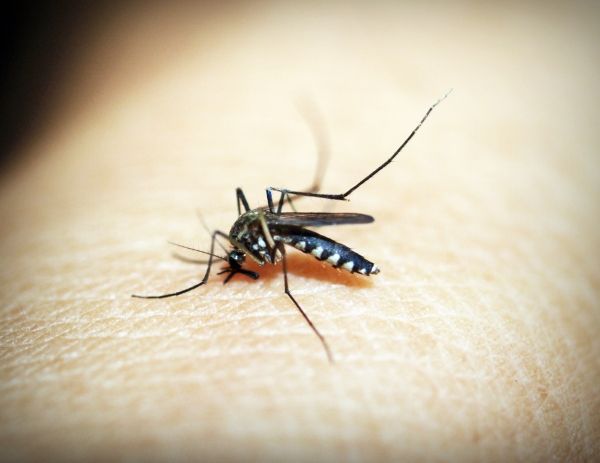The largest ever study of the mosquito evolutionary tree, going back 195 million years, suggests that present-day climate change could result in the spread and return of dangerous mosquito-borne diseases to new places or areas where they had previously been eradicated, scientists are warning.
These diseases – including malaria, Yellow fever, Zika virus, and Dengue fever – cause millions of deaths each year. While many of these diseases have been eradicated from Europe and are under control in other parts of the world, resurgence is always possible.
New research from the Milner Centre for Evolution at the University of Bath, University of York and China Agricultural University, shows that the rate at which new species of mosquitoes evolve generally increases when levels of atmospheric carbon dioxide are higher. This is concerning because the greater the number of mosquito species, the more potential exists for new ways of vectoring diseases, and perhaps for new variants of those diseases.
Read more at University of Bath
Image via Pexels


